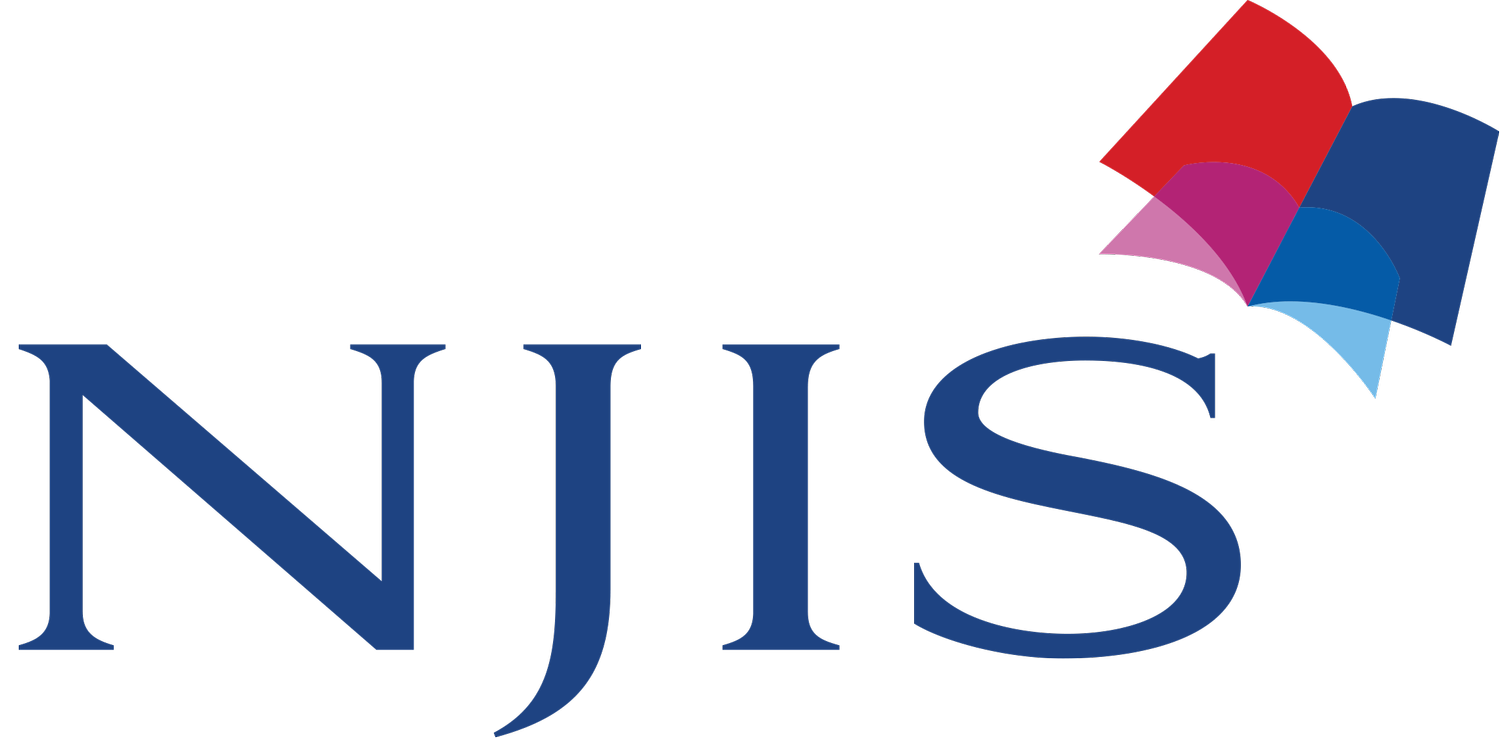Curriculum
PYP OVERVIEW
5 essential elements
Attitudes (LP) Ski
Skills
Action
Concepts
Knowledge
Learner profile
Inquirer
An NJIS student develops their natural curiosity. They acquire the skills necessary to conduct inquiry and research and show independence in learning. They actively enjoy learning and this love of learning will be sustained throughout their lives Knowledgeable- They explore concepts, ideas and issues that have local and global significance. In so doing, they acquire in-depth knowledge and develop understanding across a broad and balanced range of disciplines.
Thinker
An NJIS student exercises initiative in applying thinking skills critically and creatively to recognize and approach complex problems, and make reasoned, ethical decisions. Communicator- Understand and express ideas and information confidently and creatively in more than one language and in a variety of modes of communication. They work effectively and willingly in collaboration with others.
Principled
An NJIS student acts with integrity and honesty, with a strong sense of fairness, justice and respect for the dignity of the individual, groups and communities. They take responsibility for their own actions and the consequences that accompany them.
Open-minded
An NJIS student understands and appreciates their own cultures and personal histories, and is open to the perspectives, values and traditions of other individuals and communities. They are accustomed to seeking and evaluating a range of points of view, and are willing to grow from the experience.
Caring
An NJIS student shows empathy, compassion and respect towards the needs and feelings of others. They have a personal commitment to service, and act to make a positive difference to the lives of others and to the environment.
Risk-Taker
An NJIS student approaches unfamiliar situations and uncertainty with courage and forethought, and have the independence of spirit to explore new roles, ideas and strategies. They are brave and articulate in defending their beliefs.
Balanced
An NJIS student understands the importance of intellectual, physical and emotional balance to achieve personal well-being for themselves and others.
Reflective
An NJIS student gives thoughtful consideration to their own learning and experience. They are able to assess and understand their strengths and limitations in order to support their learning.
6 subject areas
1. Language
2. Social Studies
3. Mathematics
4. Arts
5. Personal, social and physical education
6. Sciences
Transdisciplinary Themes
Who we are
An inquiry into the nature of the self; beliefs and values; personal, physical, mental, social and spiritual health; human relationships including families, friends, communities, and cultures; rights and responsibilities; what it means to be human.
Where we are in place and time
An inquiry into orientation in place and time; personal histories; homes and journeys; the discoveries, explorations and migrations of humankind; the relationships between and the interconnectedness of individuals and civilizations, from local and global perspectives.
How we express ourselves
An inquiry into the ways in which we discover and express ideas, feelings, nature, culture, beliefs and values; the ways in which we reflect on, extend and enjoy our creativity; our appreciation of the aesthetic. How the world works An inquiry into the natural world and its laws; the interaction between the natural world (physical and biological) and human societies; how humans use their understanding of scientific principles; the impact of scientific and technological advances on society and on the environment.
How we organize ourselves
An inquiry into the interconnectedness of human-made systems and communities; the structure and function of organizations; societal decision-making; economic activities and their impact on humankind and the environment.
Sharing the planet
An inquiry into rights and responsibilities in the struggle to share finite resources with other people and with other living things; communities and the relationships within and between them; access to equal opportunities; peace and conflict resolution.
Approaches To Learning (ATL)
Thinking skills. critical thinking. creativity and innovation. transfer.
Communication skills.
Social skills.
Self-management skills. organisation. affective. reflection.
Research skills. information literacy. media literacy.
7 Key Concept
1. Form
The understanding that everything has a form with recognizable features that can be observed, identified, described and categorized.
What is it like ?
2. Function
The understanding that everything has a purpose, a role or way of behaving that can be investigated.
How does it work ?
3. Causation
The understanding that things do not just happen, that there are causal relationships at work, and that actions have consequences.
Why is it like this ?
4. Change
The understanding that change is the process of movement from one state to another. It is universal and inevitable.
How is it changing ?
5. Connection
The understanding that we live in a world of interacting systems in which the actions of any individual element affect others.
How is it connected to other things ?
6. Perspective
The understanding that knowledge is moderated by perspectives; different perspectives lead to different interpretations, understandings and findings; perspectives may be individual, group, cultural or disciplinary.
What are the points of view ?
7. Responsibility
The understanding that people make choices based on their understandings, and the actions they take as a result do make a difference.
What is our responsibility ?
MYP OVERVIEW
3 fundamental concepts
1. Holistic learning
2. Intercultural awareness
3. Communication
Learner profile
Inquirer
An NJIS student develops their natural curiosity. They acquire the skills necessary to conduct inquiry and research and show independence in learning. They actively enjoy learning and this love of learning will be sustained throughout their lives.
Knowledgeable
An NJIS learner explores concepts, ideas and issues that have local and global significance. In so doing, they acquire in-depth knowledge and develop understanding across a broad and a balanced range of disciplines.
Thinker
NJIS learners exercise initiative in applying thinking skills critically and creatively to recognize and approach complex problems, and make reasoned, ethical decisions.
Communicator
NJIS Learners understand and express ideas and information confidently and creatively in more than one language and in a variety of modes of communication. They work effectively and willingly in collaboration with others.
Principled
NJIS Learners act with integrity and honesty, with a strong sense of fairness, justice and respect for the dignity of the individual, groups and communities. They take responsibility for their own actions and the consequences that accompany them.
Open-minded
An NJIS learner understands and appreciates their own culture and personal history, and is open to the perspectives, values, and traditions of other individuals and communities. They are accustomed to seeking and evaluating a range of points of view, and are willing to grow from the experience.
Caring
AN NJIS learner shows empathy, compassion and respect towards the needs and feelings of others. They have a personal commitment to service, and act to make a positive difference to the lives of others and to the environment.
Risk-Taker
NJIS learners approach unfamiliar situations and uncertainty with courage and forethought, and have the independence of spirit to explore new roles, ideas and strategies. They are brave and articulate in defending their beliefs.
Balanced
NJIS learners understand the importance of intellectual, physical and emotional balance to achieve personal well-being for themselves and others.
Reflective
NJSI learners give thoughtful consideration to their own learning and experience. They are able to assess and understand their strengths and limitations in order to support their learning and personal development.
8 Subject Groups
1. Language and literature
2. Language
3. acquisition
4. Individuals and societies
5. Sciences Mathematics
6. Arts
7. PE and Health
8. Design
Global contexts
Identities & relationships
Who am I? Who are we? Students will explore identity; beliefs and values; personal, physical, mental, social and spiritual health; human relationships including families, friends, communities and cultures;what it means to be human.
Orientation in space & time
What is the meaning of “when” and “where”? Students will explore personal histories; homes and journeys; discoveries; explorations and migrations of humankind; the relationships between, and the interconnectedness of, individuals and civilizations, from personal, local and global perspectives.
Personal and cultural expression
What is the nature and purpose of creative expression? Students will explore the ways in which we discover and express ideas, feelings, nature, culture, beliefs and values; the ways in which we reflect on, extend and enjoy our creativity; our appreciation of the aesthetic.
Scientific & technical innovation
How do we understand the worlds in which we live? Students will explore the natural world and its laws; the impact of scientific and technological advances on communities and environments; the impact of environments on human activity; how humans adapt environments to their needs.
Globalization and sustainability
How is everything connected? Students will explore the interconnectedness of human-made systems and communities; the relationship between local and global processes; the impact of decision-making on humankind and the environment.
Fairness and development
What are the consequences of our common humanity? Students will explore rights and responsibilities; the relationship between communities; sharing finite resources with other people and with other living things; access to equal opportunities; peace and conflict resolution.
Approaches To Learning (ATL)
Communication
Social
Self management
Research
Thinking
7 Key Concept
1. Form
The understanding that everything has a form with recognizable features that can be observed, identified, described and categorized.
What is it like ?
2. Function
The understanding that everything has a purpose, a role or way of behaving that can be investigated.
How does it work ?
3. Causation
The understanding that things do not just happen, that there are causal relationships at work, and that actions have consequences.
Why is it like this ?
4. Change
The understanding that change is the process of movement from one state to another. It is universal and inevitable.
How is it changing ?
5. Connection
The understanding that we live in a world of interacting systems in which the actions of any individual element affect others.
How is it connected to other things ?
6. Perspective
The understanding that knowledge is moderated by perspectives; different perspectives lead to different interpretations, understandings and findings; perspectives may be individual, group, cultural or disciplinary.
What are the points of view ?
7. Responsibility
The understanding that people make choices based on their understandings, and the actions they take as a result do make a difference.
What is our responsibility ?

